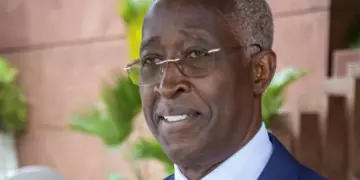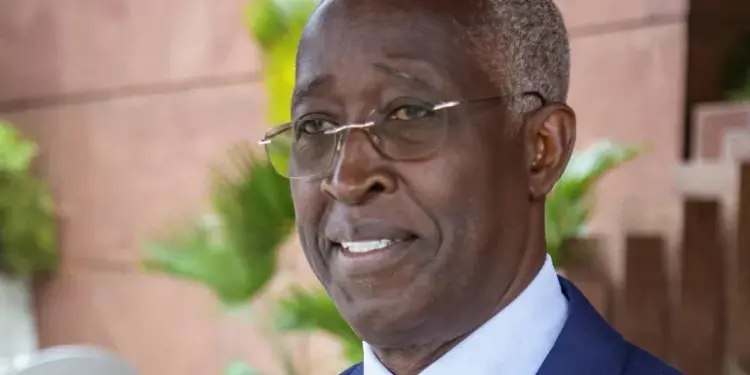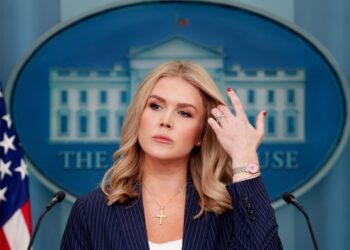By Oyintari Ben
On Thursday, the ruling junta in Gabon named Raymond Ndong Sima as the prime minister of its transitional administration after seizing control of the country in a coup last week.
Sima, a 68-year-old economist, was a vocal opponent of President Ali Bongo, who was overthrown on August 30 by military officials. From 2012 to 2014, he was Bongo’s prime minister. After leaving that role, he campaigned against Bongo for president in 2016 and again this year as a member of an opposition coalition.
Following his father’s footsteps, Omar Bongo, who had ruled the Central African oil producer for 42 years, Bongo has been in power since 2009. Critics said that the Bongo family did little to distribute Gabon’s wealth among its 2.3 million citizens, leading to considerable discontent with the family’s dynastic leadership.
Scenes of celebration followed the coup in Libreville, the country’s capital, and the junta soon consolidated its hold on power by installing General Brice Oligui Nguema as interim president on Monday.
On Thursday, Army officers read a decree on state television announcing Sima’s appointment as prime minister.
The timing of Nguema’s promises to institute economic changes and hold free and fair elections is unknown.
Abdou Abarry, the U.N. Secretary-General’s Special Representative in Central Africa, welcomed Nguema on Wednesday in Libreville. Abarry assured him the U.N. would support the nation as it forged a new beginning.
His comments were made after the meeting and were aired on Gabon 24 T.V. “Once we know the roadmap, the timetable, once a government has been appointed, our different agencies will make the necessary contacts and continue to support Gabon,” he added.
Even though it has been unfolding very differently from the most recent army takeover in Niger, the coup in Gabon was the eighth in West and Central Africa in the past three years.
In contrast to Niger, Gabon has not experienced a surge in anti-French, pro-Russian sentiment, and the Libreville-based generals in control look amenable to engagement with international organizations, in contrast to their Niamey-based counterparts.
ECCAS, the regional organization for Central Africa, suspended Gabon on Monday but sent Faustin-Archange Touadera, the president of the Central African Republic, to meet with Nguema in its place.
With Nguema’s approval, Touadera revealed to reporters that he had also met Ali Bongo. He just stated that the meeting had been beneficial, with no further explanation of Bongo’s situation or mental state.
After the coup, Bongo was placed under house arrest, but the junta declared in a statement on Wednesday that he was now free and permitted to seek medical attention overseas.




































